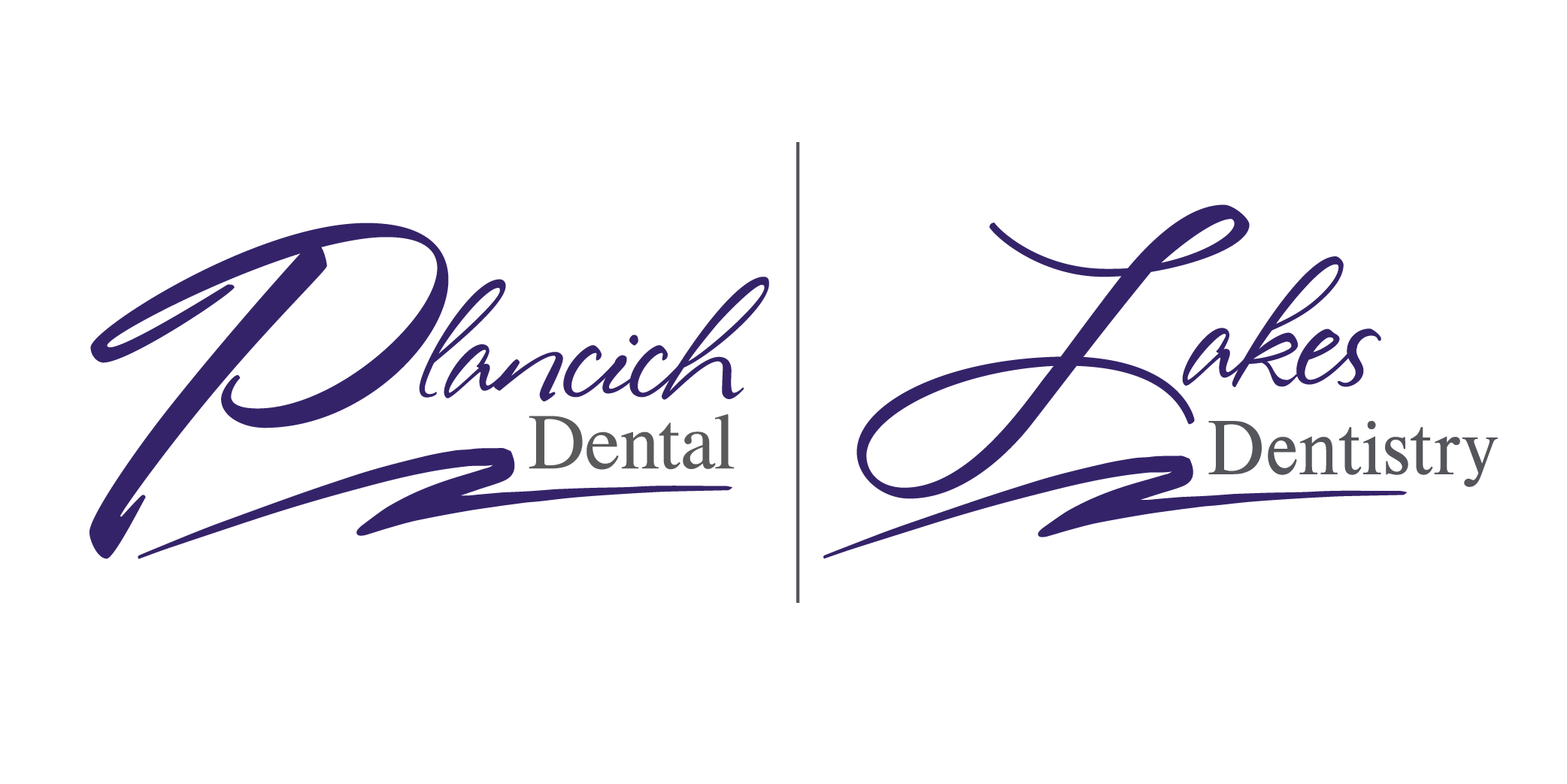What is Integrated Dentistry?
In addition to your teeth and gums, your exam includes a review of your overall medical history, a check up on your jaw joints, and cancer screenings of the mouth, head, and neck. We use the latest imaging and diagnostic technology to provide you with the most accurate results and readings. Our approach recognizes the value of your input on your health which is why we keep you involved in the decision-making process every step of the way by presenting multiple treatment options ensuring a long-lasting and natural result.
Through a variety of services, Plancich Dental can design and implement a care plan specific to you.
Integrated Dentistry Services
After a comprehensive examination and determining our patient’s needs, Dr. Plancich’s hygienist will utilize the latest techniques, equipment, and knowledge to provide excellent preventative care. Our experienced hygiene team will work to improve your oral health, prevent gum disease, and increase the longevity of natural and reconstructed teeth. Together we can break the link between gum disease and other health problems.
Bonding or composite resin fillings are the solution for restoring decayed teeth, making aesthetic improvements, reshaping, and even changing the color of your teeth. Dr. Gregory Plancich will use the latest technology and highest quality materials to restore, sculpt, color, and shape your teeth to a natural and pleasing result.
Dental inlays and onlays are used when tooth damage is not extensive enough to use a crown but too extensive for a filling. The onlay covers and protects the tooth. Unlike fillings which tend to leave the tooth in a weaker state, the onlay restores a tooth to near original strength. The onlay covers the biting surface of the tooth which allows for a superior color match while maintaining a healthy and natural appearance.
Dental implants are synthetic structures that are placed in the area of the tooth normally occupied by the root. They are anchored to the jawbone or metal framework on the bone and act as a foundation for an artificial tooth or permanent bridge. In some cases, implants can be used to attach dentures.
Dental implants do require surgery for which patients are administered anesthesia, and if necessary, antibiotics to prevent infection following the procedure. Strict oral hygiene is required for dental implants to ensure their longevity.
Not everyone is a candidate for a dental implant. Schedule an appointment with Dr. Plancich to determine if dental implants can help you.
Root canal therapy is designed to save a problem tooth. It is a remarkable treatment with a very high rate of success. A root canal involves removing diseased inner tooth tissue, that halts the spread of infection, and restores the healthy portion of the tooth.; before the procedure was developed and gained acceptance, the only alternative for treating a diseased tooth was extraction.
Root canal therapy usually requires one to three visits. Most patients who have a root canal experience little or no discomfort or pain, and enjoy a restored tooth that can last almost as long as its healthy original.
Periodontal Disease, also known as gum disease, infects the gum and bone supporting the teeth. If not treated properly, the disease can become severe enough that teeth are lost and bone is destroyed. The first step in treatment is a non-surgical approach which involves a special cleaning called scaling and root planing. A local anesthetic may be given to assist with the careful removal of plaque and tartar in the periodontal pockets. Periodontal disease will not go away on its own. Preventing and treating the disease in the early stages are the best options to keeping a healthy smile.
One of the most common jaw disorders is related to a problem with the temporomandibular joint, the joint that connects your lower jaw to your skull. This joint allows your upper and lower jaw to open and close, facilitates chewing, and enables speaking.
People with temporomandibular joint disorders (TMD) often have a clicking or popping sound when opening and closing their mouths. Such disorders are often accompanied by frequent headaches, neck aches, and in some cases, tooth sensitivity. More serious conditions involve improperly aligned joints or dislocated jaws. The most extreme form of TMD involves an arthritic condition of the jaw joint. Traumatic injuries also can cause jaw dislocation. In these cases, jaw surgery may be required to correct the condition. Some jaw surgery can be performed arthroscopically.
Some treatments for TMD include muscle relaxants, aspirin, biofeedback, or wearing a small plastic appliance in the mouth during sleep.
The three most common signs of obstructive sleep apnea (OSA) are snoring, daytime tiredness, and waking up in the middle of the night. If you are concerned that you may be suffering from OSA, you must be diagnosed by a board-certified sleep medicine physician. At Plancich Dental, in conjunction with treatment from your physician, we offer oral appliances to help treat OSA and snoring without sleep apnea. Our appliances may be an option for individuals who cannot tolerate their CPAP machine or who are interested in alternative treatment modalities. We use a variety of appliances resembling “mouth guards” that move the lower jaw forward during sleep to maintain an open airway.
The early stages of oral cancer are usually not detected because oral cancer has little or no symptoms until it has advanced or has spread to other parts of the body. We are proud to offer a new technology called Identafi® that detects the initial signs of oral cancer not visible to the naked eye. Identafi® is painless, using three distinct color light wavelengths to enhance and distinguish premalignant lesions.
Patients who should have an Enhanced Mucosal Examination include those who use tobacco or similar products; have intraoral piercings; have a history of cancer as a child; or have an area of concern noted during a routine exam.
